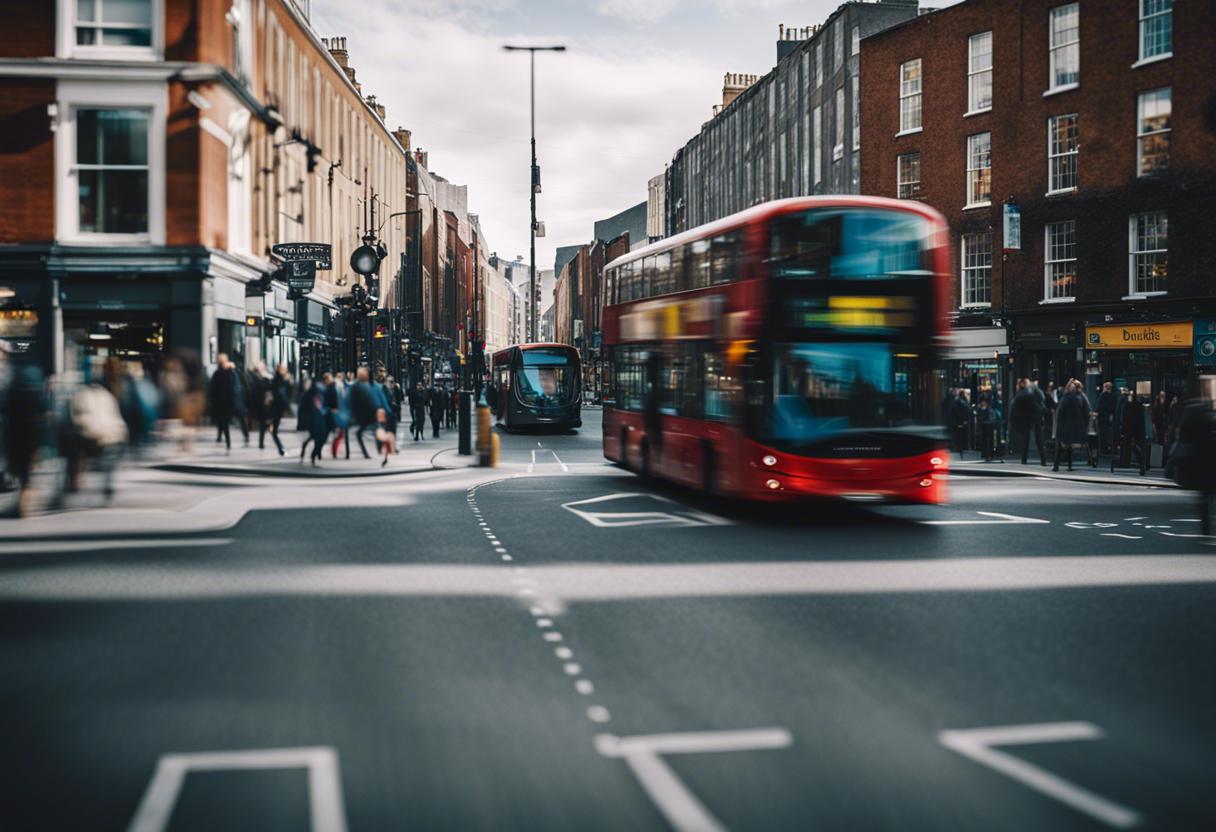Public transportation in Dublin serves as “pathways of criminality”, as warned by a collection of Fianna Fáil TDs and Senators, with 70 per cent of civilians having observed illegal drug activity in the city. Fianna Fáil’s spokesperson for justice, Jim O’Callaghan, indicated that the party is advocating for a dedicated legal authority to oversee the security of public transport, following the dismissal of their earlier suggestions by Garda Commissioner Drew Harris. O’Callaghan expressed optimism that this would be part of the Fianna Fáil’s election promises.
“He highlighted the fact that the presence of a guard is a rare sight on a bus or a Dart, and reported that constituents have shared feelings of unease, particularly during nighttime travel on public transport.
Dun Laoighaire TD, Cormac Devlin, was optimistic about the recent increase in visible law enforcement personnel in the city and country following protests, but acknowledged that there’s room for improvement. He expressed a prevalent worry about the potential of certain elements boarding public transport, altering the atmosphere and inciting fear.
He asserted that the city cannot have the Luases, the Darts and the buses functioning as unpatrolled hotspots of crime where individuals can freely indulge in destructiveness, vandalism and violence.
Senator Mary Fitzpatrick recognised that days of active Garda operation had positive outcomes, however, she stressed the importance of a meaningful Garda presence in the community.
John Lahart, TD from Dublin South-West, depicted the statement from the Fianna Fáil members as a reminder to avoid complacency in the wake of the protests, stressing the need to maintain momentum in the sphere of law enforcement.
The TDs and Senators refuted the claims of launching a political assault against Fine Gael and Justice Minister Helen McEntee. These issues surfaced from their constituents, forcing them to delve deeper into the matter, regardless of the potential political embarrassment to the government, Mr O’Callaghan emphasised. He stated, “Undoubtedly, crime is a prevalent issue in Dublin, which is not a fresh revelation we’re heralding today.”
Dublin North-West Representative, Paul McAuliffe, asserted that they have been persistently addressing these pressing issues in the past. He divulged, “We frequently get feedback regarding the necessity of making Dublin a safer city.”
The Dublin-centric members displayed their desire for the community-specific deployment of dedicated gardaí, appointment of dedicated members for public transportation, and the institution of a full-day criminal District Court. This would permit the immediate presentation of culprits before the court, which was backed by 90% of the public, as per a survey.
The caucus also advocated for a stringent stance against drug trafficking, antisocial behaviour in public zones and residential complexes, and regular patrolling by gardaí on foot or bicycle every hour. They further demanded strict supervision and the enforcement of bail conditions for those awaiting trial.
The group hopes for a comprehensive review of the allocation and operational hours of Garda stations in Dublin, with a perspective of strategising for additional stations to cater to the burgeoning population.
The survey, which included responses from 1,500 individuals, revealed that 90% endorsed the proposal for an extended District Court service which would expedite offender processing. Additionally, 70% had reportedly encountered public drug dealing and usage, while 65% had observed antisocial activities in the city centre. Lastly, 90% perceived a surge in such antisocial activities over the past decade.

